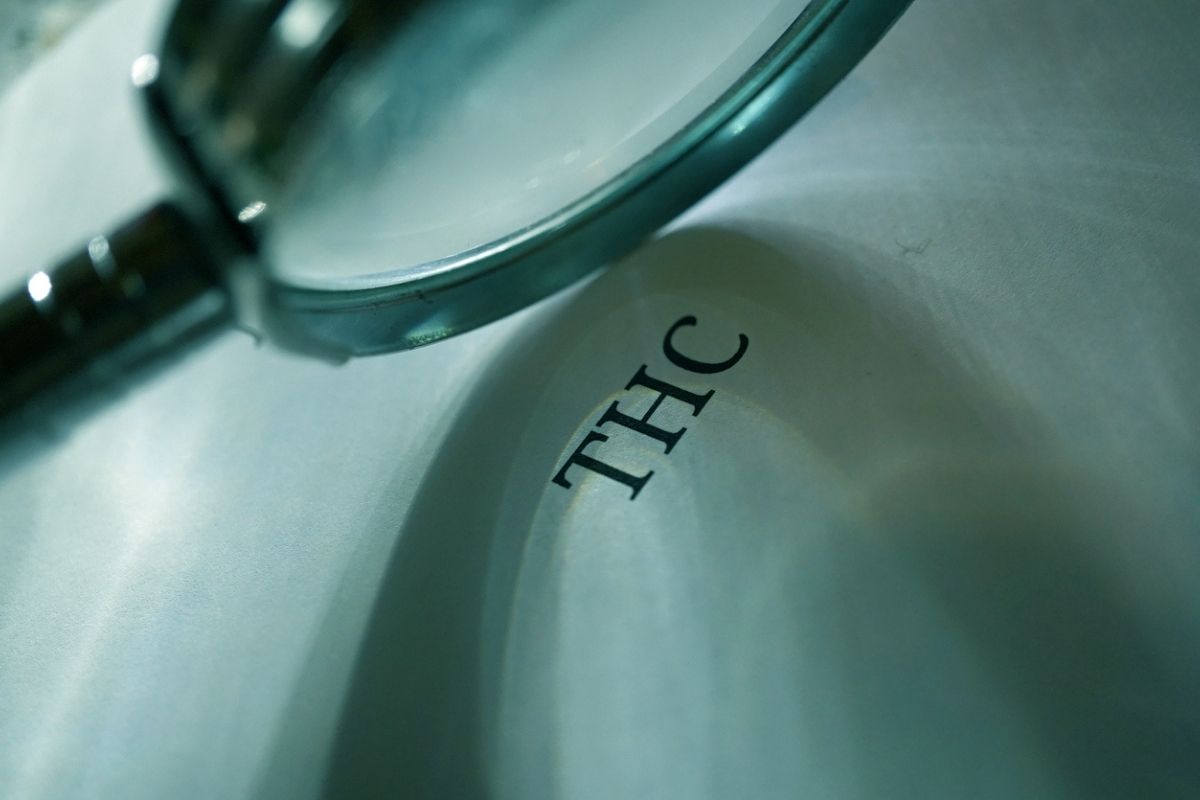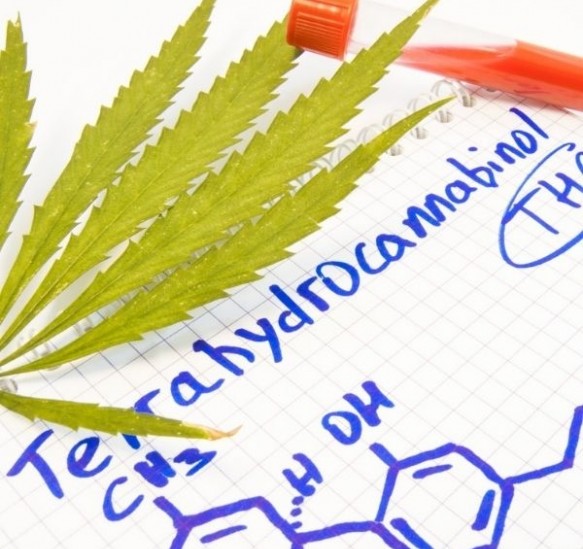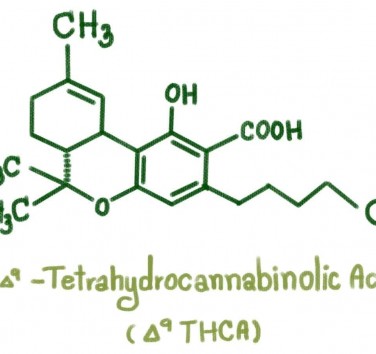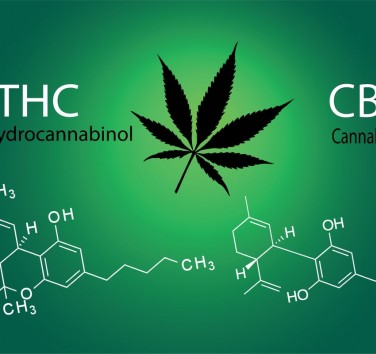How to distinguish between the different types of THC

There are 3 categories of THC and each one is numbered to differentiate. Despite what characterises them, they are all identical in their molecular composition. Indeed, determining the differences between THC delta 8, 9 and 10 is primarily a matter of what constitutes their biological basis. Thus, the isomer of their structure is to be analysed as a priority to better distinguish them from each other.
From a chemical point of view, an isomer is a molecular structure shared by several biological varieties but which diverge from each other because of some particular atoms. THC delta 8, 9 and 10 all refer to the THC isomer. They can be likened to sub-varieties of tetrahydrocannabinol, each responding to a different attribution with respect to the effects expressed when consumed in a CBD product.
This simple change in molecular arrangement is enough to endow each variety of THC with properties that are different from each other. This therefore has a direct impact on a consumer's experience from the moment they resort to it when relying on a specific CBD product. It is therefore necessary to determine the characteristics of each THC delta molecule in order to better understand what identifies them from each other with regard to their effects on the body.
The characteristics of the THC delta 8 molecule
The THC delta 8 molecule is known by various names. These may vary depending on the actors brought in to mention it. The THC delta 8 molecule is known as Δ8-THC or Delta-8-THC. This molecule can be extracted directly from hemp where it is weakly represented, although it can also be distilled to better reveal its effects.
Thanks to its molecular composition, Delta-8-THC provides neuroprotective effects capable of calming the mind when consumed in a CBD product. The effects of THC delta 8 are said to be quite moderate and measured, able to relax and relax those who consume it. There is then no need to fear any excess when experiencing its effects.
This particular variety of THC is more commonly found in CBD infusions. These, in fact, are generally intended to soothe the nerves. As a result, the THC delta 8 molecule is ideally suited for such compositions.
The characteristics of the THC delta 9 molecule
The THC delta 9 molecule, also known by various scientific names such as Δ9-THC or even Delta-9-THC, is more often retained as the THC molecule par excellence. Indeed, in the vast majority of cases, every mention of THC will refer specifically to Delta-9-THC, this being the THC molecule in its own right.
This molecule, also extracted directly from hemp, is known for its powerful effects. The light sensation it provides as well as the feeling of being "high" comes from this particular variety of THC.
In contrast to Delta-8-THC, Δ9-THC, which is reputedly psychoactive, is otherwise less soothing in terms of its effects on the body. These, on the contrary, spread very quickly throughout the body to act almost immediately on the mind. But in addition to the lightness effect it provides, this particular molecule offers an infinite feeling of exhilaration that, as a result, is not at all relaxing while nevertheless being pleasurable for those who consume it.
However, these effects generate a backlash that can be more or less consequential depending on the level of THC present in the product consumed. In addition to the feeling of exhilaration, it is not excluded that Delta-9-THC generates a feeling of anxiety and paranoia. It is for this reason that the maximum THC level retained in CBD products is 0.2%. At this level, the anxiety-inducing effects cannot be felt by the user. The feeling of exhilaration, on the other hand, remains.
The characteristics of the THC delta 10 molecule
In contrast to THC delta 8 or 9 molecules, the THC delta 10 molecule - also known as Δ 2-THC or Delta-10-THC - is not derived from hemp. This molecule is a purely synthetic construct made from the THC isomer. Its properties were then designed in the laboratory.
The effects of Delta-10-THC lie primarily in its euphoric character, which causes a relatively powerful feeling of daze. Delta-10-THC users will come away from such a tasting experience amused. The euphoria, however, will remain moderate - though present - as long as the THC level involved is 0.2% THC.
Significant points to distinguish these three THC varieties

In the final analysis, the main distinction between these three THC molecules can be seen in their effects. A more discerning scientific eye will be able to distinguish one from the other under a microscope, but the CBD consumer will be better able to spot them upon consumption.
Based on the effects experienced, the consumer will therefore be better able to determine the variety of THC ingested in their CBD product. A mild, relaxing effect for measured relaxation will undoubtedly be an effect of Delta-8-THC. On the other hand, a feeling of ecstasy that will make you feel high will be an effect equated to Delta-9-THC. And if, by any chance, you were to suddenly feel jovial, more euphoric than usual, then you would be experiencing Δ 2-THC.
So many varieties of THC in your CBD compositions will allow you to multiply your CBD tasting experiences. All the while, enjoying the beneficial effects that such an experience will provide you with. There is no harm in mixing the useful with the pleasant and, this pleasant sensation, it will then be provided to you by the 0.2% of THC present in your CBD products.












